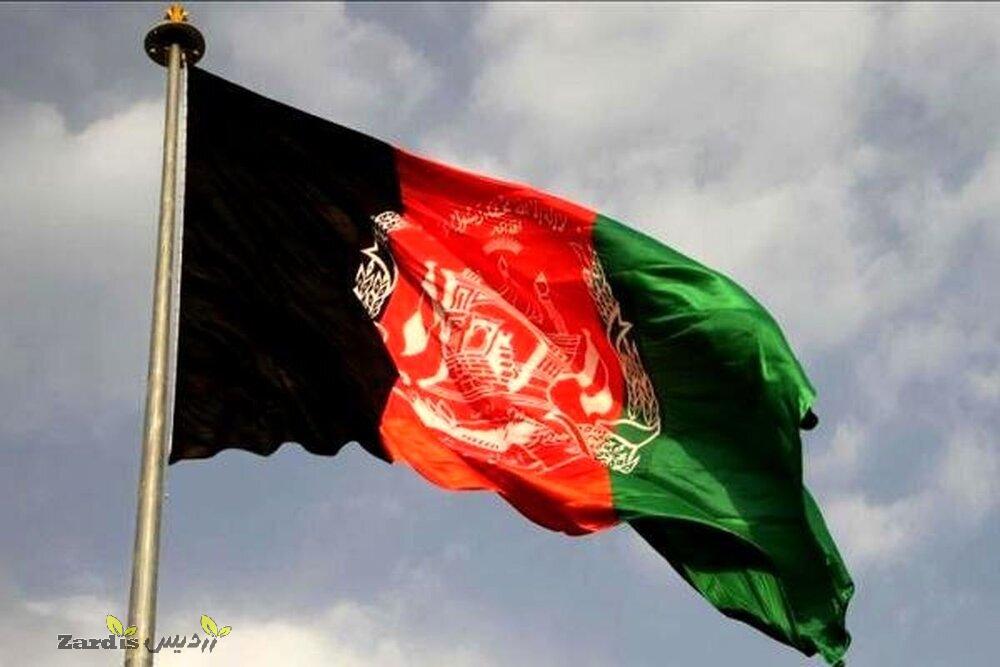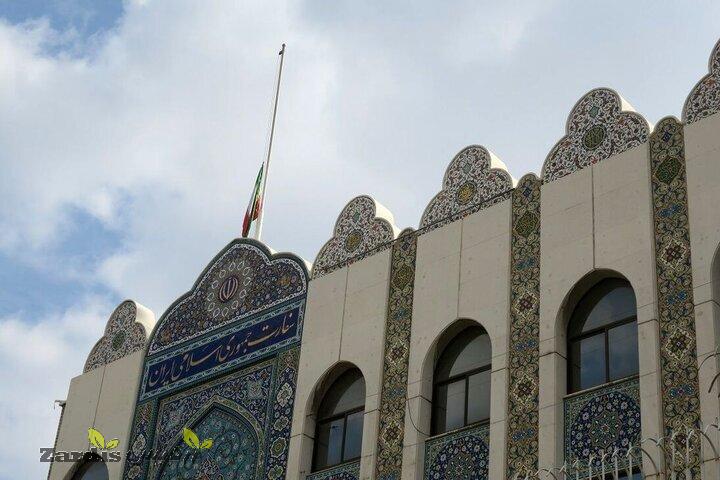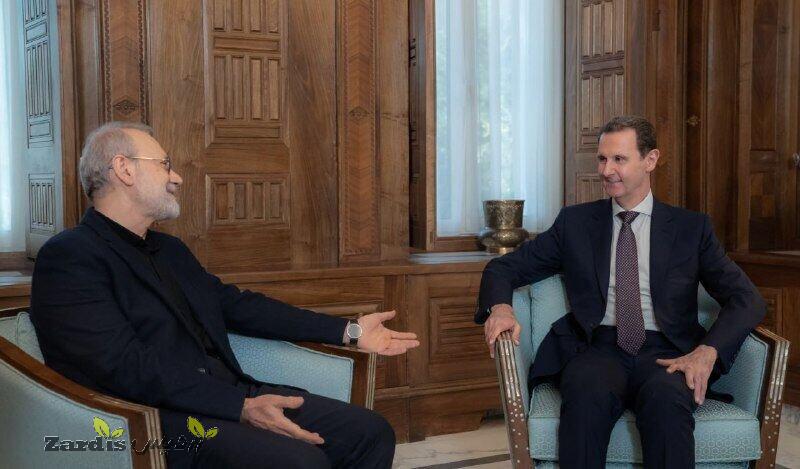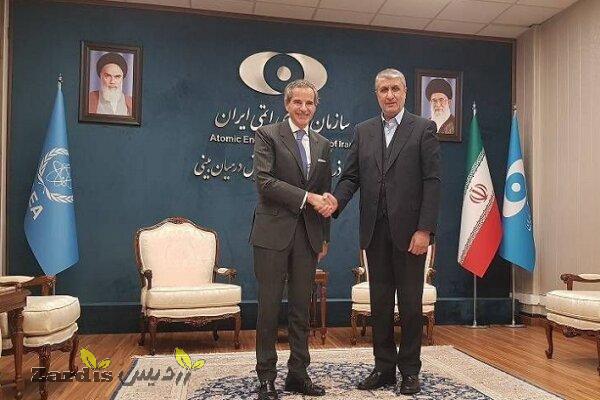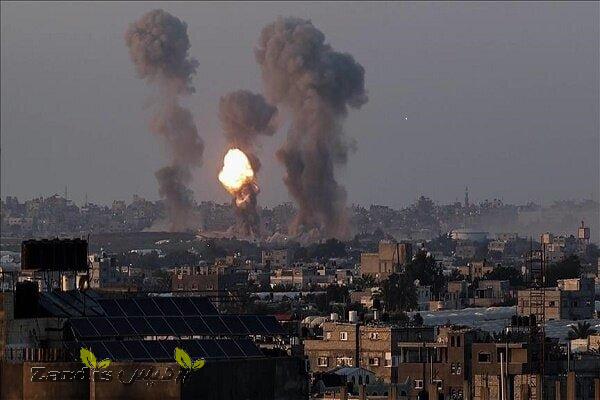TEHRAN – The University of Qom has hosted an online preparatory session in preparation for an international conference on international law and armed conflicts in the region that will be held in mid-October.
During the 5th pre-session of online conference on international law and armed conflicts in the region, entitled “Upheaval in Afghanistan and International Humanitarian Law”, Dr. Mostafa Fazaeli, assistant professor of international law at Qom University, addressed the subject of the Afghanistan upheaval and international terrorism in international humanitarian law (IHL).
On August 26 a faculty member of Qom University stated that the Taliban denies targeting and killing civilians, but apparently the Taliban’s definition of civilians contradicts the definitions provided by international humanitarian law.
Past decades have seen an increase in international and non-international armed conflicts in the Middle East and West Asia, he further noted. For over four decades now, Afghanistan has been ravaged by either international or non-international armed conflicts.
He also indicated that the definition of “terrorism” has evolved over time. Traditionally, the concept of terrorism only involved individuals or terrorist groups, but nowadays act of terrorism is conducted by states, too. Thus, the notion of state terrorism, though it existed before, is vague and needs more attention. Sometimes terrorist acts are perpetrated within the context of an armed conflict, in which case they will be subject to international humanitarian law.
He added, the definition of the term “terrorism” is inherently controversial and we are faced with various definitions of terrorism in international law and this has led to controversy.
Referring to the comprehensive definition of terrorism provided by the European Union, Dr. Fazaeli noted that this definition is among few definitions which also refer to crimes against property. It refers to serious destabilization or fundamental destruction of the political, economic and social structures of a country or an organization as well.
He affirmed that a continuous situation of armed conflict in Afghanistan has existed since 1978. During this time the conflict has been mostly non-international and, in some occasions, international.
Since 19 June 2002 the conflict in Afghanistan was internationalized, so crimes perpetrated in this period of time can be identified as war crimes. In this case, the conduct of Taliban and the states involved in the conflict shall be considered an act of a State under international law and subject to states’ responsibility. Accordingly, Taliban shall be considered responsible for pursuing international criminal responsibility of the perpetrators of terrorist and war crimes, crimes against humanity and possibly genocide.
Next speaker was Dr. Mohammad Saleh Taskhiri, a lecturer at Qom University faculty of law and international law, who addressed “protection of cultural and property rights under international humanitarian law with an emphasis on Afghanistan situation.” He affirmed that today protecting cultural property in relation to armed conflicts is considered as a norm of customary international law.
He also noted that 1954 Convention prohibits any acts of hostility directed against the historic monuments, works of art or places of worship which constitute the cultural or spiritual heritage of peoples. The Convention also prohibits complete or partial demolition of other sanctuaries including historic, religious or cultural landmarks.
He contended that in this respect there are some binding international obligations for States. States shall undertake to prohibit, prevent and, if necessary, put a stop to any form of theft, pillage or misappropriation of, and any acts of vandalism directed against, cultural property.
Dr. Abdolhakim Salimi, a faculty member of al-Mustafa International University, who remarked on “Fundamentals of International Humanitarian Law from the Perspective of Islam and International Law with an Emphasis on the Situation in Afghanistan”, confirmed that there exists a relation between Islamic law and IHL; Islamic law of war emphasizes rules and principles of humanitarian law such as “the principle of distinction”.
He asserted that humanitarian crisis around the world have been exacerbated by conflict and Afghans have endured 40 years of uninterrupted war. The opinion of humanitarian rights should have a direct relation with basic notions like human beings, human dignity and the environment; and this is a challenging issue. General principles of international law are the cornerstones of IHL.
The faculty member of al-Mustafa International University stated that principle of distinction provides that the principle of distinction is a fundamental principle of international humanitarian law which provides that parties to an armed conflict must “at all times distinguish between the civilian population and combatants and between civilian objects and military objectives and accordingly shall direct their operations only against military objectives”. Islamic law considers the distinction between civilian population and things and military combatants and objectives, as well.
Dr. Abbas Ali Azimi Shushtari, from the faculty of law of Imam Sadiq Research Center on Islamic Sciences who addressed the issue of “IHL Applicable to the Situation in Afghanistan” noted that some kind of acceptance and relation to their predecessors can be implied from the speech of Taliban spokesperson. Therefore, wrongful acts done by the first group of Taliban must also be prosecuted.
Zardis news | The latest news of Iran and the world
تمامی حقوق مطالب برای "Zardis news"محفوظ است و هرگونه کپی برداری بدون ذکر منبع ممنوع می باشد.
طبق ماده 12 فصل سوم قانون جرائم رایانه ای کپی برداری از قالب و محتوا پیگرد قانونی خواهد داشت.



